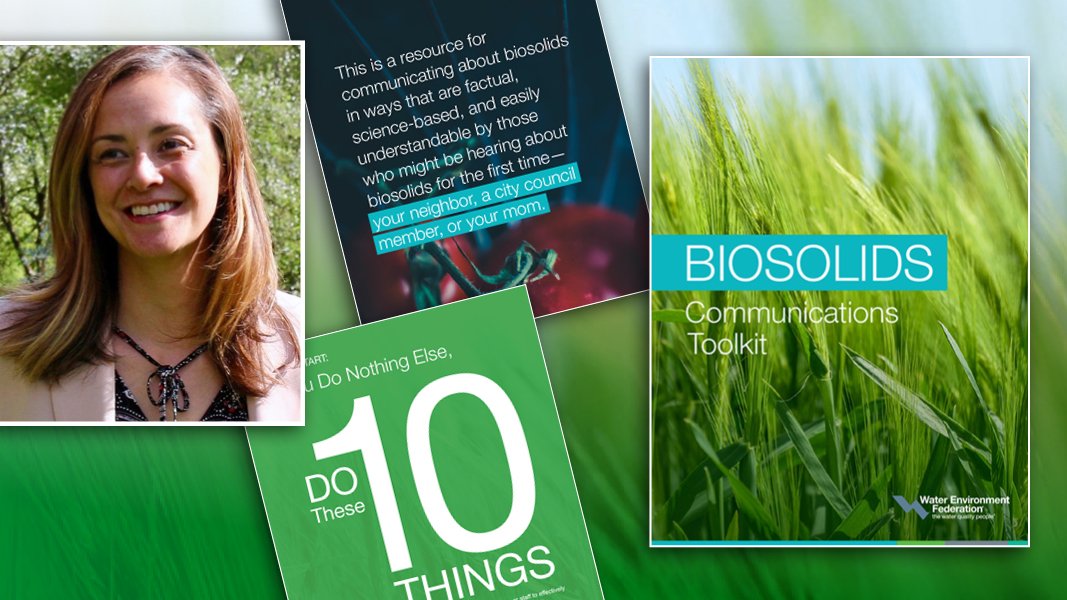Top, left: Maile Lono-Batura, photo by Schaller Batura
The Water Environment Federation (WEF) has selected Maile Lono-Batura as Director of Sustainable Biosolids Programs, a new position established to help WEF members and the water sector advance the beneficial use of biosolids. Lono-Batura, a long-time friend of BioCycle, has served as the Executive Director of Northwest Biosolids for the past 22 years, dedicating her career to unearthing sustainable solutions for biosolids. “Evidenced in the success of the regional associations, I’ve witnessed first-hand the power of the biosolids network and how essential it is to identify and collaborate with stakeholders to forward initiatives,” notes Lono-Batura. “It’s exciting to step into this new role to align and galvanize resources to bolster our collective biosolids voice nationally and boost our biosolids network signal.” Adds WEF President Lynn Broaddus: “Biosolids are a vital part of resource recovery and circular economy, and beneficial for communities in many ways. WEF is increasing our investment in biosolids programs and is thrilled to add Maile’s expertise and experience to our team.”
In the director position, Lono-Batura will serves as WEF’s lead for all biosolids activities, acting as a central coordinator on national biosolids issues for the organization’s members and the larger water sector, in concert with WEF’s Member Associations and regional biosolids organizations. She will also communicate with stakeholders outside the wastewater and biosolids profession, including agriculture, environmental, and climate change groups, as well as the media. Lono-Batura will assist utilities and regional groups facing challenges to their biosolids programs and advance research relating to biosolids safety and efficacy, with a focus on the myriad benefits of biosolids use.
In a related development, WEF released a new toolkit to serve as a resource for communicating about biosolids in ways that are factual, science-based, and easily understandable by those who might be hearing about them for the first time. The toolkit includes guidance on some of the more challenging communication tasks regarding biosolids, including responding to or proactively pursuing media coverage, handling concerns raised about the safety of biosolids, creating presentations for use at events or meetings with the public, and developing content to post online or on social media. The toolkit features messages that serve as an overall umbrella that can be adapted for FAQs, talking points, community meetings, fact sheets, brochures, social media, and websites.













